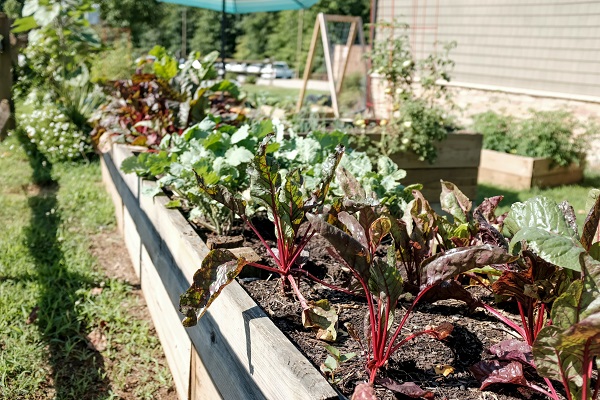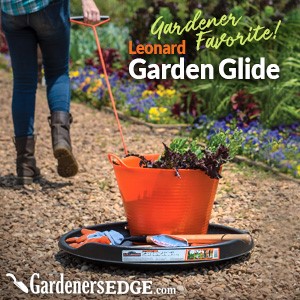
If you want to start a vegetable garden, but have limited experience, you may not know how to begin, so just follow this simple plan to get started.
Fortunately, growing your own food doesn’t require a lot of money or fancy gadgets. You can start with just a few basic tools. You’ll need a good, strong shovel or hand trowel. A hoe will come in handy for weeding, and you may want a pair of gardening gloves to protect your hands and a pair of pruners for harvesting
prickly cucumbers or cutting through tough squash stems.
You should know what growing zone you live in so you can plan on growing vegetables appropriate for your climate. If your growing season is short, vegetables with a long growing season would not be a good choice for an inexperienced gardener. Click here to find your growing zone.
Now decide where the garden will be. Nearly all vegetable plants require at least six hours of sunlight each day. The garden should receive plenty of sunlight, and it should also be fairly close to your house.
Finding a suitable location for the garden may also determine the size of the garden. But even if you have nearly unlimited space to work with, don’t go overboard with your first garden by making it too large and unmanageable. Start out small the first year.
Next, prepare the soil for planting. If the soil is heavy clay, or if it is weak and can barely even support a weed, you may choose to build raised beds for your vegetable garden. If the soil in your garden is already rich, a raised bed may not be necessary. If this is the case, you can begin by tilling the soil or turning it with a shovel, then raking the soil to make a smooth bed for the seeds.
Once the soil is prepared and all danger of frost has passed in your area, it’s time to start planting. If you aren’t quite sure what to plant in your garden, begin by making a list of the vegetables your family enjoys eating the most. Stick with plants that are easy to grow such as leaf lettuce and other greens, beans, cucumbers, onions, peas, potatoes, pumpkins, radishes, spinach and zucchini.
Don’t be afraid to make mistakes with your first garden. You’ll learn a lot from those mistakes. A good gardener never stops learning how to garden even better.
Mike McGroarty is the owner of McGroarty Enterprises and the author of several books. You can visit his website at Freeplants.com and read his blog at Mikesbackyardnursery.com.
Related Articles & Free Email Newsletter Sign Up
How to Make Sure Summer Squash Pollinates and Matures
Tips to Get Seedlings Off to a Fast Start




Comment here